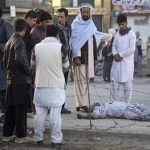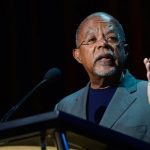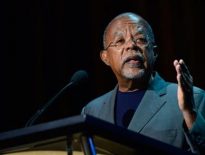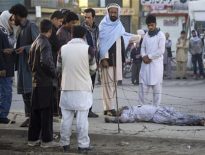(Reuters) – Saudi Arabia’s human rights record came under fire at the United Nations on Monday with critics accusing the kingdom of jailing activists without due process and abusing the basic rights of Saudi women and foreign workers.
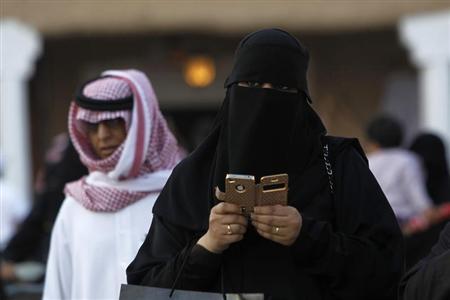
At the U.N. Human Rights Council, Britain called for abolition of the Saudi system of male guardianship for women, already recommended when the watchdog last subjected the kingdom to scrutiny in 2009.
Britain and the United States, strategic allies of Riyadh, raised alleged cases of forced labor among 9 million migrant workers employed by firms or as domestic workers in the deeply conservative Muslim state, whose total population is 28 million.
The U.S. delegation also voiced concern at Saudi restrictions on freedoms of religion and of association, while Germany called for a moratorium on the country’s death penalty.
Activists voiced disappointment after the four-hour debate, known as the Universal Periodic Review (UPR), saying the kingdom had missed an opportunity to commit to urgently needed reforms.
“Saudi Arabia’s engagement in its UPR was little more than delivering pre-prepared statements that failed to respond to detailed criticism on its rights record,” said Philippe Dam of the New York-based group Human Rights Watch.
Earlier, Joe Stork, deputy Middle East director of Human Rights Watch, said Saudi Arabia “stands out for its extraordinarily high levels of repression”. Riyadh had convicted seven prominent human rights and civil society activists this year on catch-all charges such as “trying to distort the reputation of the kingdom”, Stork said in a statement.
Philip Luther, director of Middle East and North Africa at London-based Amnesty International, said in an emailed statement that the Saudis, the world’s top oil exporter, had used their economic and political clout to blunt international criticism.
KINGDOM POINTS TO “TANGIBLE PROGRESS”
Bandar bin Mohammed Al-Aiban, president of the Saudi Human Rights Commission who led his country’s delegation, said Riyadh had made “tangible progress” in the past four years and was committed to upholding rights in line with sharia (Islamic law).
Saudi governance is “based on the principles of justice, consultation and equality”, he said. Its judicial authority was independent and 13 judges reviewed each death penalty sentence.
U.S. diplomat Valerie Ullrich said Saudi authorities continued to detain people without due process in security-related cases. “We are very concerned that Saudi citizens have been harassed, targeted, detained, and punished for simply expressing their beliefs, opinions, and views,” she said.
Al-Aiban said the kingdom had taken numerous steps to combat terrorism while ensuring that human rights were respected. He maintained that sharia guarantees fair gender equality and Saudi legislation does not distinguish between men and women.
Britain said more women should hold positions of authority and the Saudi government should end the guardianship system.
These rules restrict women’s legal rights in marriage, divorce, child custody, inheritance, property ownership and decision-making in the family, as well as choice of residency, education and jobs, U.N. experts have said previously.
The Saudi delegation of 15 officials included three women, two of whom testified while wearing the all-covering burqa or the niqab, which leaves only the eyes exposed.
(Editing by Mark Heinrich)


